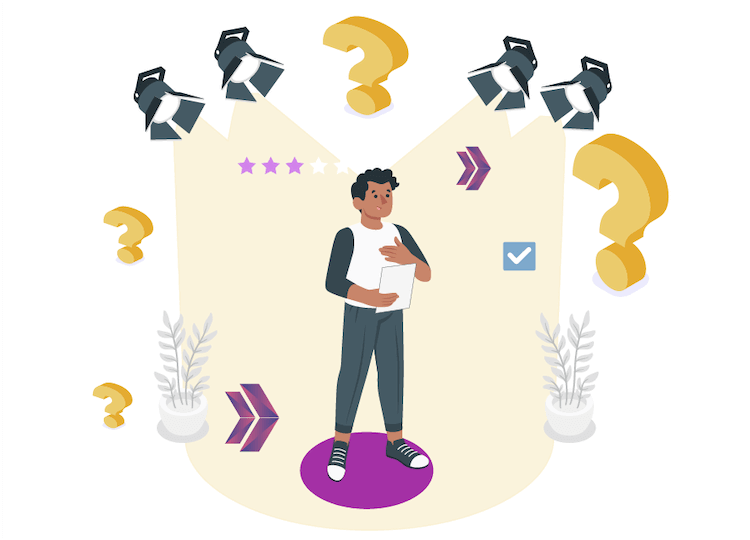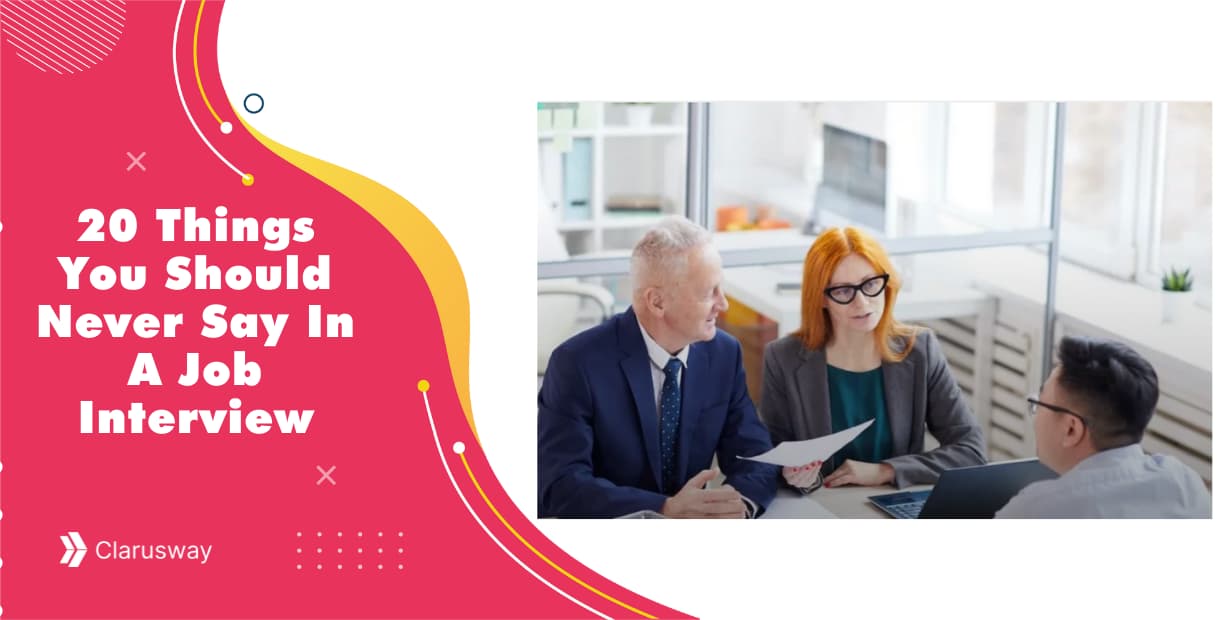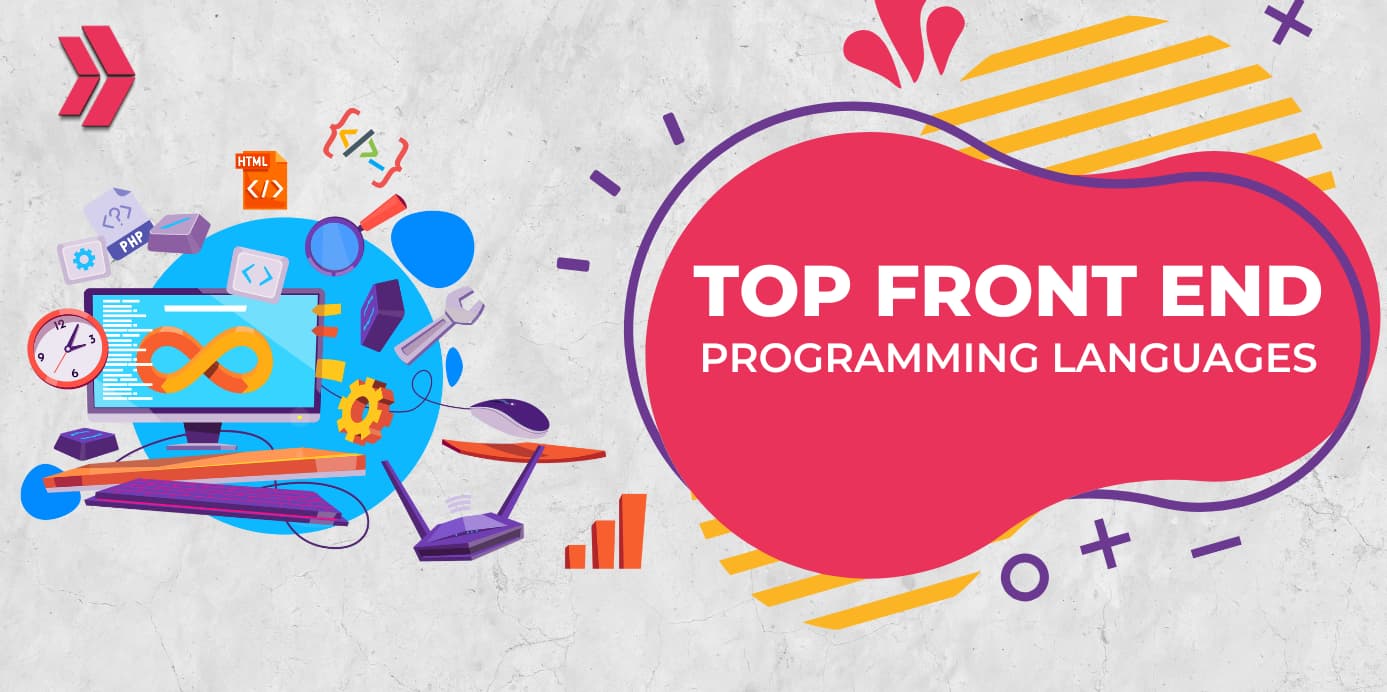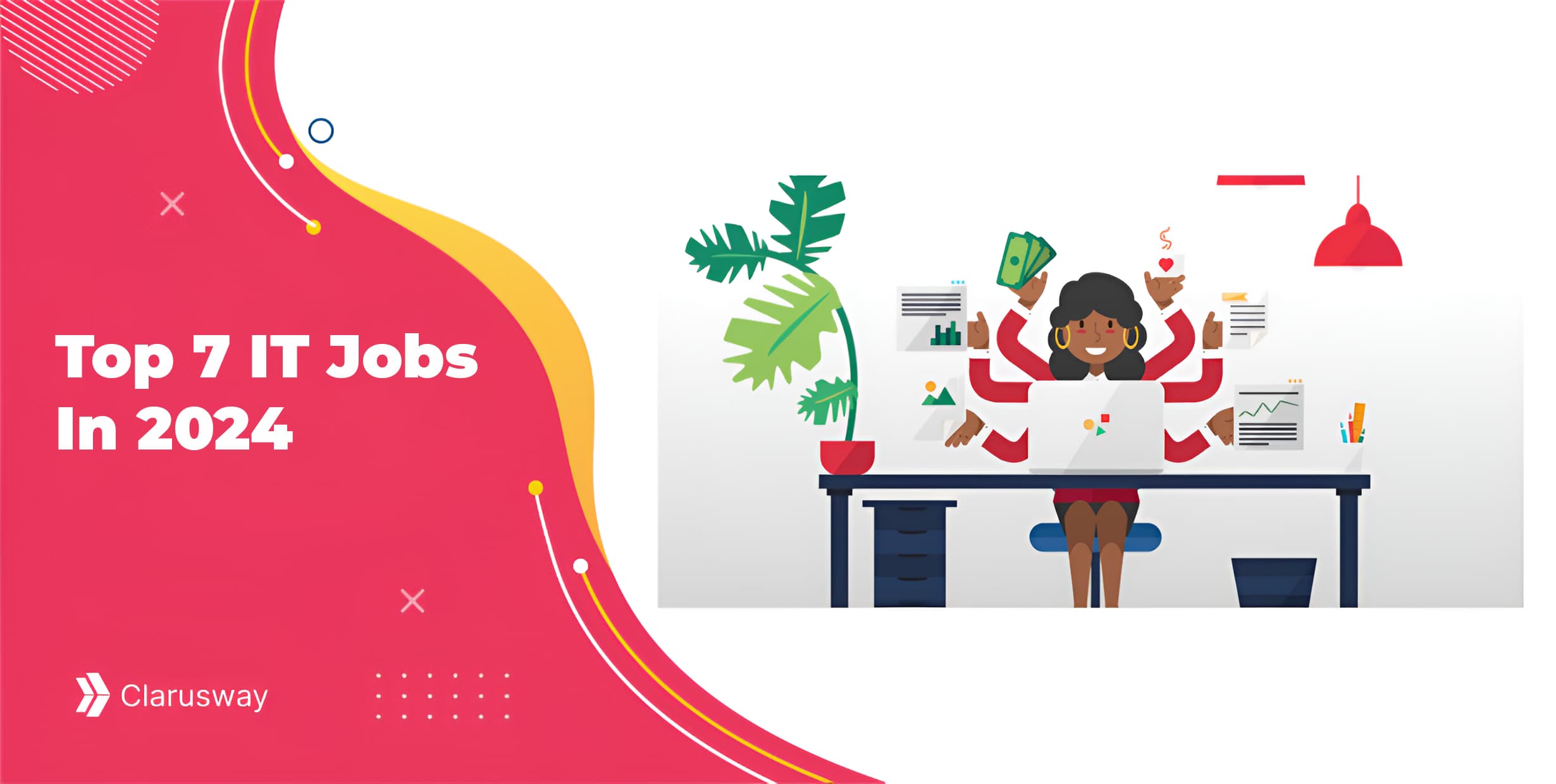In the dynamic world of Information Technology (IT), where opportunities abound and the competition is fierce, aspiring professionals often find themselves facing a daunting challenge: How can they launch their IT career quickly and effectively? The answer might just lie in the powerful tool of “mock interviews.” While the concept of mock interviews is not new, their application and benefits in the IT industry are often underestimated.
In this article, we’ll explore four compelling reasons why mock interviews can be your secret weapon for catapulting your IT career into the fast lane. Whether you’re a recent graduate or a career changer, these insights will show you how mock interviews can help you gain the competitive edge you need to accelerate your journey in the IT field. So, let’s dive in and discover why embracing this invaluable practice might be the key to reaching your career goals at twice the speed.

What is a Mock Interview?
A mock interview, also called a practice interview, is a kind of simulation of an actual job interview. The mock interview provides practice for you as a job seeker before having a real-world job interview. Also, it creates an opportunity for you to get feedback about your interviewing skills.
As a future IT job seeker, you will put a huge effort into searching for a job, building out a portfolio, and preparing your resume. However it is important to make sure that you spend the necessary time prepping their interview skills. Therefore, making sure that you take the time to thoroughly practice the interview process through a series of mock interviews is a “must”.
Since your mock interview simulates a real job interview, it helps you to learn how to answer specific interview questions and get comfortable with those answers. Additionally, practice interviews help you to develop appropriate strategies for the live interviews by refining your communication skills (especially for non-native English speakers), and reducing your stress by practicing all of the possible scenarios that could come up.
What are the 4 Benefits of A Mock Interview?
Here are the 4 benefits of a mock interview according to the study titled “Best Practices in Preparing Students for Mock Interviews” in the Journal of Business Communication Quarterly in 2009;
- Reducing stress and anxiety before a real job interview.
- Boosting confidence.
- Providing useful feedback in a low-stress environment.
- Preparing for behavioral-based interview questions.
1. Reducing stress and anxiety before a real job interview
Job interviews can be nerve-wracking experiences, even for the most experienced professionals. Mock interviews can help alleviate this anxiety by providing a safe and supportive environment to practice answering common interview questions. By rehearsing their responses, candidates can become more comfortable with the interview process, which can help to reduce their anxiety during the actual interview.
2. Boosting confidence
Mock interviews can also help to boost confidence by providing feedback and constructive criticism. When candidates receive positive feedback, it can help to validate their skills and abilities. Additionally, mock interviews can help candidates to identify areas where they can improve, which can give them a sense of direction and purpose as they prepare for their actual job interview.
3. Providing useful feedback in a low-stress environment
Mock interviews provide an opportunity for candidates to receive feedback from an experienced interviewer in a low-stress environment. This feedback can be invaluable in helping candidates to improve their interviewing skills. For example, the interviewer may provide feedback on the candidate’s body language, communication style, and overall presentation. This feedback can help candidates to make adjustments to their interviewing approach, which can improve their chances of success in the actual interview.
4. Preparing for behavioral-based interview questions
Behavioral-based interview questions are becoming increasingly common. These questions are designed to assess a candidate’s past behavior in order to predict their future performance. Mock interviews can help candidates prepare for these questions by providing them with the opportunity to practice answering them. The interviewer can also provide feedback on the candidate’s responses, which can help them improve their ability to answer these questions effectively.
In addition to the four benefits listed above, mock interviews can also help candidates to:
- Improve their communication skills
- Learn how to present themselves in a professional manner
- Practice answering common interview questions in a timed setting
- Become more comfortable with the overall interview process

How to Prepare for a Mock Interview?
To prepare for a mock interview you can follow this preparation checklist;
- Research the company and the position: Familiarize yourself with the company’s mission, values, and recent accomplishments. Understand the specific requirements and expectations of the role you’re interviewing for.
- Practice answering common interview questions: Prepare well-structured and concise responses to frequently asked interview questions. This will help you articulate your skills, experiences, and motivations effectively.
- Dress professionally: Even if it’s an online interview, dress as you would for an in-person meeting. This demonstrates your professionalism and attention to detail.
- Arrive on time: Punctuality is crucial for any interview. Be early or on time for your mock interview, just as you would for the real thing.
- Engage actively: Maintain eye contact, actively listen to the interviewer’s questions, and show genuine interest in the conversation.
- Take notes: Use a notebook to jot down key points and feedback from the interviewer. This will help you remember important information and identify areas for improvement.
- Seek feedback: Ask the interviewer for specific feedback on your responses, body language, and overall presentation. This feedback will be invaluable for refining your interview skills.
- Avoid Common Pitfalls: To avoid making common interview blunders, check out our blog post, “20 Things You Should Never Say in a Job Interview“
By following these preparation tips and avoiding common pitfalls, you can approach your mock interviews with confidence and gain valuable insights for acing your actual job interviews.
What are Common Mock Interview Questions and Answers?
Here are some common mock interview questions and answers:
1. Tell me about yourself.
This is a common opening question that interviewers use to get to know you better. Your answer should be concise and focused on your most relevant skills and experiences. Highlight your accomplishments and how they relate to the job you’re interviewing for.
Example answer:
“I’m a highly motivated and results-oriented individual with 5+ years of experience in the software engineering industry. I have a strong track record of designing, developing, and implementing high-quality software solutions. I’m passionate about technology and I’m always looking for new challenges to learn and grow. I’m confident that my skills and experience would be a valuable asset to your team.”
2. Why are you interested in this position?
This question assesses your interest in the company and the position. Your answer should demonstrate that you’ve done your research and that you’re genuinely interested in the opportunity.
Example answer:
“I’m interested in this position because I’m passionate about [company’s mission] and I believe that my skills and experience align perfectly with the requirements of the role. I’m particularly interested in [specific aspect of the job] and I’m eager to contribute my expertise to this area.”
3. What are your strengths and weaknesses?
This question is designed to assess your self-awareness and your ability to identify areas for improvement. Your answer should be honest and balanced. For your strengths, focus on skills and qualities that are relevant to the job. For your weaknesses, focus on areas that you are actively working to improve.
Example answer:
“My strengths include [list of strengths]. I’m also working on improving my [list of weaknesses]. I’m confident that my strengths will be valuable to your team and that I will continue to grow and develop in my areas of weakness.”
4. What are your salary expectations?
This question is designed to assess your knowledge of the market rate for your position. Do your research beforehand and be prepared to negotiate.
Example answer:
“Based on my research, I believe that a salary range of [lower end of range] to [higher end of range] is competitive for this position. I am open to discussing a salary that is commensurate with my experience and skills.”
5. Do you have any questions for me?
This is your chance to learn more about the company and the position. Come prepared with a few thoughtful questions.
Example questions:
- What are the biggest challenges facing the company right now?
- What are the company’s growth plans for the next few years?
- What are the opportunities for advancement within this role?
These are just a few examples of common mock interview questions and answers. It is important to tailor your answers to the specific job you are interviewing for. You should also practice answering questions out loud so that you can deliver your answers confidently and smoothly.
Conclusion:
So to wrap this up, working with someone who can help you practice (and refine) your interviewing skills before you start applying is extremely important to getting you to a position faster. You need to get feedback before the real thing. This is the value of mock interviewing.
At Clarusway, we have an entire staff of CMS (career management system) personnel who are responsible for preparing our students. We help our students perfect their interviewing skills and provide in-depth feedback for our students. Also, all sessions of the interviews are recorded so you have a chance to observe yourself and learn how you can improve.
Last Updated on December 24, 2023




